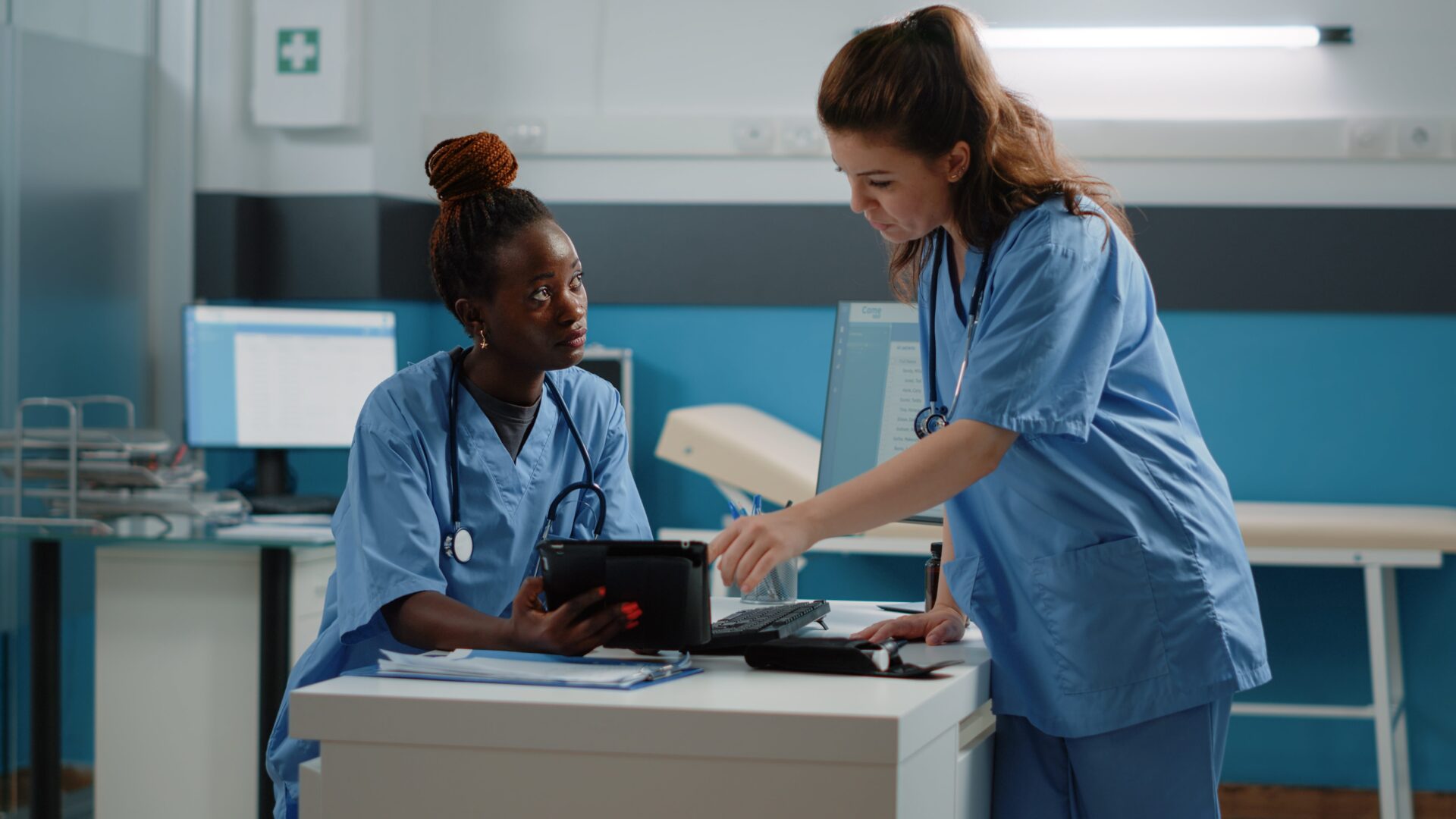Summary
getUBetter provides digital self-management for individuals with musculoskeletal (MSK) conditions. With the support of the Health Innovation Network, getUBetter is now available across 17 integrated care systems (ICSs) to a total eligible population of over 20 million people.
"
The app is a good reminder of what a healthcare professional has said in consultation when there is little time and a lot of information to digest.
"
getUBetter user
What the project involved
Health Innovation Network (HIN) South London became aware of getUBetter early in its development, and recognised its potential for supporting patients to self-manage common musculoskeletal problems. More recently, the HIN was commissioned to evaluate the technology.
Co-production with stakeholders has been a core principle throughout the evaluation with getUBetter. The HIN led a collaborative partnership to scope, design and deliver the digital health technology (DHT) evaluation, which included getUBetter, St George’s University Hospitals NHS Foundation Trust, the University of West of England, the Wandsworth Clinical Commissioning Group (CCG) patient and public involvement (PPI) lead, and Digital Health.London (DH.L). A novel aspect has been operationalising the NICE Evidence Standards Framework for DHTs so that these underpin the evaluation.
The first phase was to develop an approach that allowed us to use the standards framework to map the existing evidence-base for getUBetter against each tier. The outputs from the mapping were presented and validated at a stakeholder workshop with specialists in MSK conditions and digital evidence generation. This group then worked together to design an evaluation to ensure it addressed evidence gaps that aligned with the requirements set out in the evidence standards framework, such as behaviour change techniques and effectiveness. Colleagues at the University of the West of England undertook work to develop the evidence-base around behaviour change techniques, while the HIN partnered with getUBetter and provider organisations to evaluate aspects of effectiveness.
Outcomes
Health utilisation analysis found that 835 patients were prescribed getUBetter for lower back pain, of which 50% activated their account. Compared to non-users, getUBetter users required four times fewer GP appointments, 20% fewer physiotherapy referrals, and over 50% fewer prescriptions.
Patient respondents reported that during the Covid-19 pandemic, the app provided a good alternative to help manage their condition. When patients were not able to get face-to-face appointments or physiotherapy, they were happy to use the getUbetter app. Patients appreciated being able to recover independently without having to see a healthcare professional.
The things patients most liked about the app included:
- Easy to use
- Helped develop skills to manage their injury/condition
- Provided relevant information according to their stage of recovery
- Gave them reassurance
Additionally, 79% of clinicians reported making referrals to the app and 90% of clinicians said the app supported patients with MSK conditions to self-manage. Meanwhile, 75% of patients who responded rated the app as “very good”, “good” or “acceptable”.
Next steps
getUBetter is being rolled out in a number of MSK services nationally. In south London, getUBetter has been commissioned by South East London Integrated Care Board and South West London Integrated Care Board.









